What comes to your mind when you think of being innovative or being a disruptor?
Some define it as coming up with a new product or way of doing things.
Here's how entrepreneurs and business owners define innovation and disruption;
#1- Developing the business

Innovation can simply be defined as the introduction of anything new. It can be a new product or service, or just an improvement to something old. People often mistake innovation as being some kind of a groundbreaking new invention. While every company shouldn’t try to invent the next big thing, they must innovate to develop their business. When they don’t, they let others take control of their destiny, and that’s when they get disrupted. That simply means that someone else comes up with an innovation that fundamentally changes the competitive dynamic of a given market.
Thanks to Jesse Nieminen, Viima!
#2- Three things

If you ask people to name the first thing that comes to their mind when you mention disruption or innovation, most will tell you about a product, service, or the person behind them. To me, the more important type of disruption is a question of process – not of product. It’s something that happens under the radar. Think about it: people who quit their office jobs and work for themselves from home soon became the army that floods the global co-working space and turned it into a huge industry. Those people still work, their jobs are still there, and they are still not married to the same old office. Somebody smart rode that wave. That’s disruption! It all boils down to simplifying. One of the first milestones of every startup is the so-called MVP (minimum viable product). You have to come up with and launch a service that delivers on your main promise and only then perfect it through regular iteration. This mentality of “Ship it before it’s 100% ready” is what makes the leap possible and secures innovation. At the end of the day, if you start off with a complicated idea, it will probably get you nowhere slow. It’s also about being newbie-friendly. We are (slowly) ditching unhealthy perfectionism. It speaks volumes about our level of self-esteem that we are no longer ashamed to be vulnerable at work with our ideas. Mistakes are allowed, if not even welcome and as long as you use them to create things that work, you’re innovating.
Thanks to Elena Nikolova, Escreo.com!
#3- Two different definitions

We live in a world that demands businesses move fast, innovate consistently and adapt proactively. Disruption and innovation has never been more required. We've seen it in the way Uber disrupted the taxi industry, Netflix disrupted the movie rental industry and AirBnB disrupted the accomodation industry. When it comes to defining disruption and innovation there's countless amounts of in-depth essays and complex answers however the definitions that have always stood out to me as the most accurate and practical is: Disruption is making the choice to zig when everyone else zags and Innovation is the process of delivering what people want before they even know they want it.
Thanks to Declan Edwards, BU Coaching!
#4- Most innovations are not disruptive

In sectors such as professional services (lawyers, accountants, consultants, recruiters, architects and so on), where there is little to distinguish one firm from another, innovation can: provide a point of difference, enable one firm to command a price premium while others are under price pressure, make one firm significantly more profitable than its competitors, build client loyalty and create a seemingly impenetrable barrier to switching. For services firms, innovation takes two forms: it's either internally-focused (which benefits the firm by improving the way it does business) or externally-focused (which benefits the firm's clients). Professional services firms should not be misled into thinking all innovation has to be disruptive. Most isn't. Behavioural and Process innovation might not sound sexy but they're the key to incremental and continuous improvement. They'll make your firm more efficient and will enable your people to be more productive.
Thanks to Jacqueline (Jaci) Burns, Market Expertise!
#5- Creating future-driven change

We live in a fast-growing world where every day new ideas are born some of which later transform into actual products and solutions, whether successful or not. Innovation market has never been so open, free and limitless as nowadays. In this strife for new ideas, solutions and innovations what should be more significant is the capacity to create an added value, to facilitate processes, to empower people and institutions, to find solutions to the previously insoluble issues and create a future-driven change. This is when innovation will turn into disruption. And if we as entrepreneurs position ourselves as the ones with a vision of building a true social value, we should go along with and beyond global trends and identify for us, for our customers and for our communities the ways of how our solution disrupts the specific field of activities.
Thanks to Suren Aloyan, DASARAN!
#6- It's about vulnerability

The most important element to consider when discussing disruption and particularly disruptive businesses is that there can be no disruption without vulnerability. Vulnerability usually exists due to increased obsolescence. Like the car disrupted the horse and buggy industry, the horse and buggy would not have reduced it's role to merely recreational use if it had remained a viable mode of transport. This is true with typewriters, VCRs and many other items. The biggest problems arise when industries become increasingly obsolete, but their power and influence keep them alive long past their viability.
Thanks to Jerry Mooney, Zenruption!
#7- Reshaping and doing things with better solutions

To me, disruption is when an industry or market is completely changed or reshaped. The disrupter will come in with a new solution that was previously unavailable and thus fill a much-needed void in the market for the end user. Innovators on the other hand, can change the market without disrupting it, they may bring a better or easier way of doing things with a much better solution. As the CEO of a crowdsourcing network, my company has been labeled ‘an innovator' as we have enhanced the businesses of equipment rental companies and extended their footprint, while also making life easier for the customer.
Thanks to Scott Cannon, BigRentz!
#8- Being strategic and a risk-taker

Want a benchmark for innovation? If it doesn't scare you and half your team, it isn't innovative. Innovation and disruption are buzzwords that get thrown around a lot, but in my experience, few executives have the stomach to undertake them in a real, meaningful way. Disruption comes from taking risks that other people in your industry aren't willing to bet on. Now, taking risk doesn't mean throwing caution to the wind. We're strategic when we try something new. We set goals, parameters and timelines for testing the results of our new initiatives. Many of them fail. But the innovations that succeed have helped us make huge strides as a company. Overall, disruption is a strategy that a company has to adopt through consistent practice over time in order to be successful. That practice has to be measured to be managed. And if it doesn't keep you up at night, it's not innovation.
Thanks to Tom Unterseher, One World Direct!
#9- Improving the quality of life by developing real solutions

My definition of disruption really centers around developing the real solutions that people need to deliver the best possible outcome they may or may not be looking for. My example of that would be Jeff Bezos's approach to online shopping. In a time in history when people were unsure of shopping online and delivery times were more than 5 business days, Bezos's set out to improve the customer experience. By adding free two-day shipping, he disrupted online retail by developing the best possible outcome that shoppers didn't even know they needed. Innovation for me is centered around improving the quality of life for mankind. My example would be Walt Disney, he saw a need for parents and children to create memories together. He created Disneyland with on Vision We believe in our idea: a family park where parents and children could have fun — together. Both examples set forth disruption and innovation surrounding one concept, improving the customer experience.
Thanks to Josh Kreitzer, Channel Bakers!
#10- Going beyond the comfort zone

Disruption and innovation are all about becoming comfortable with being uncomfortable, excited about chaos, and embracing conflict. You have to push yourself outside of your comfort zone without much knowledge or guidance. In many situations, there is no nicely developed or designed blueprint for how to create a concept, idea, or business. Plans are incredibly valuable because of the unknown but what’s more valuable is the ability to learn, adapt, and pivot seamlessly. This is how we innovate and find new opportunities. While exciting, there is nothing comfortable about being the first one to try anything, and that is where you can excel. Innovation is about seeing the value in learning from failures. Our team is encouraged to explore new ideas and concepts and to come up with new solutions. Our most valuable assets are our people. The type of people we look for are problem solvers first.
Thanks to Marques Torbert, Ametros!











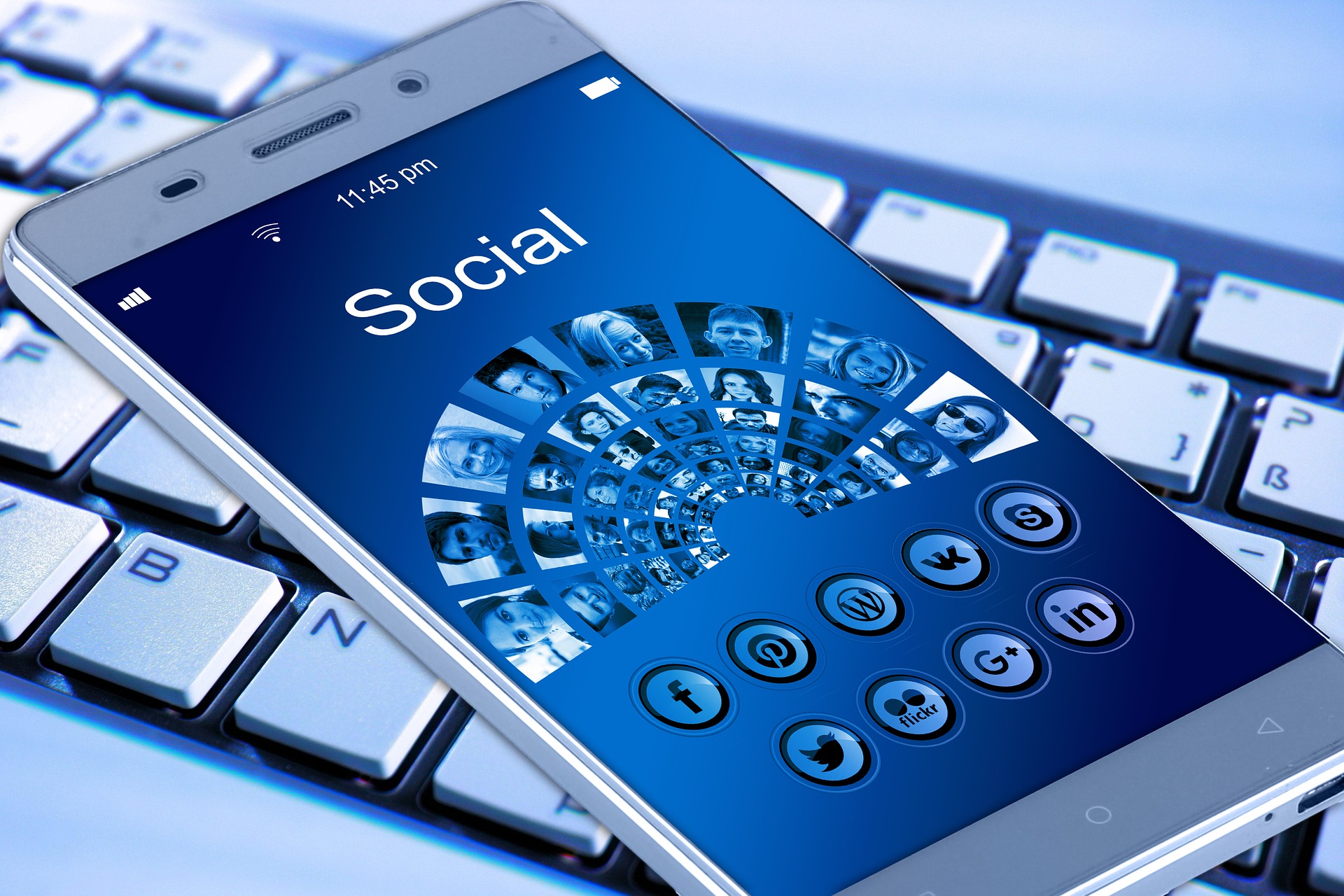
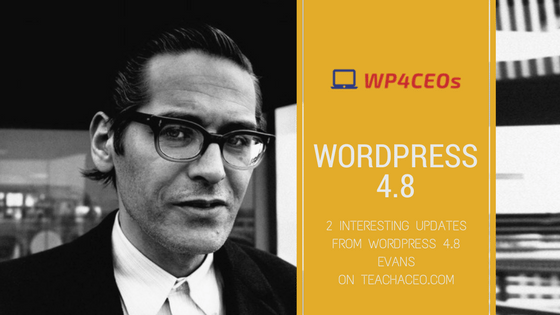

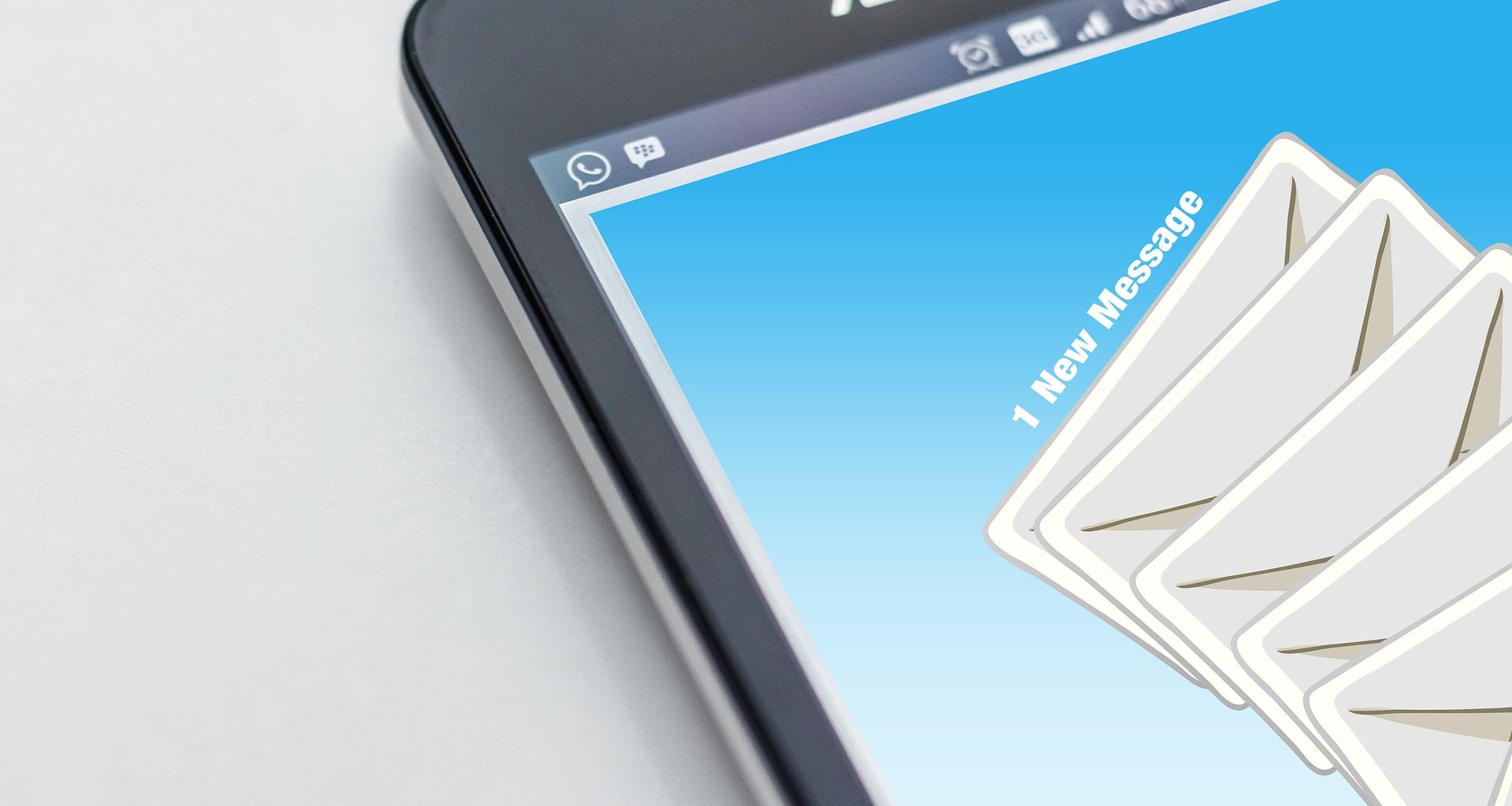
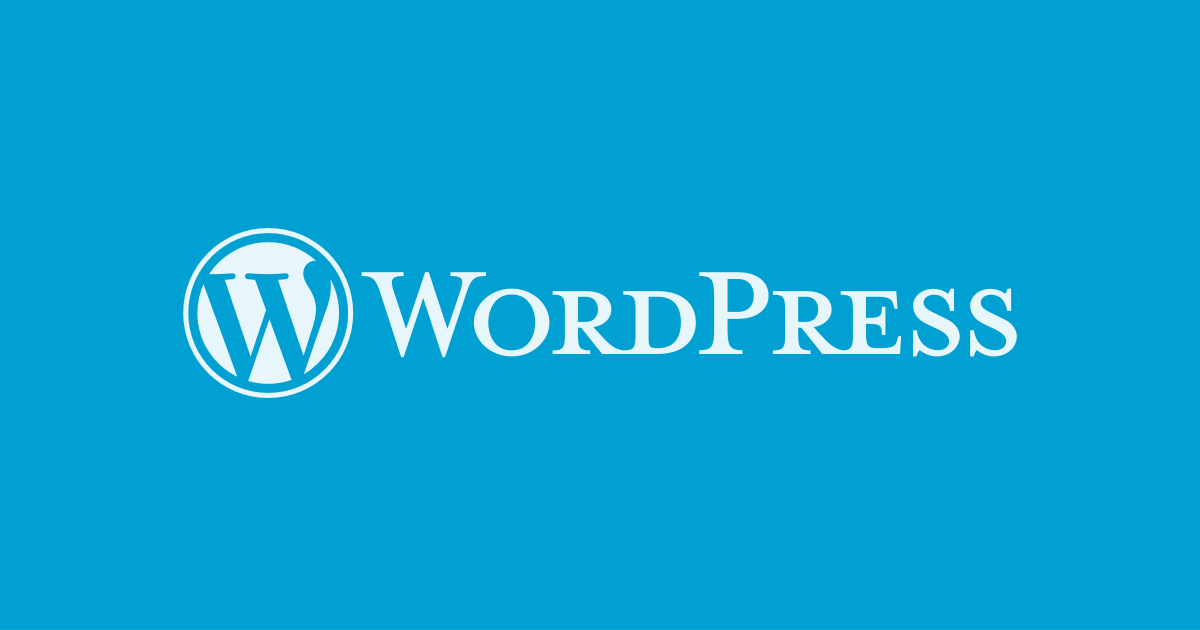
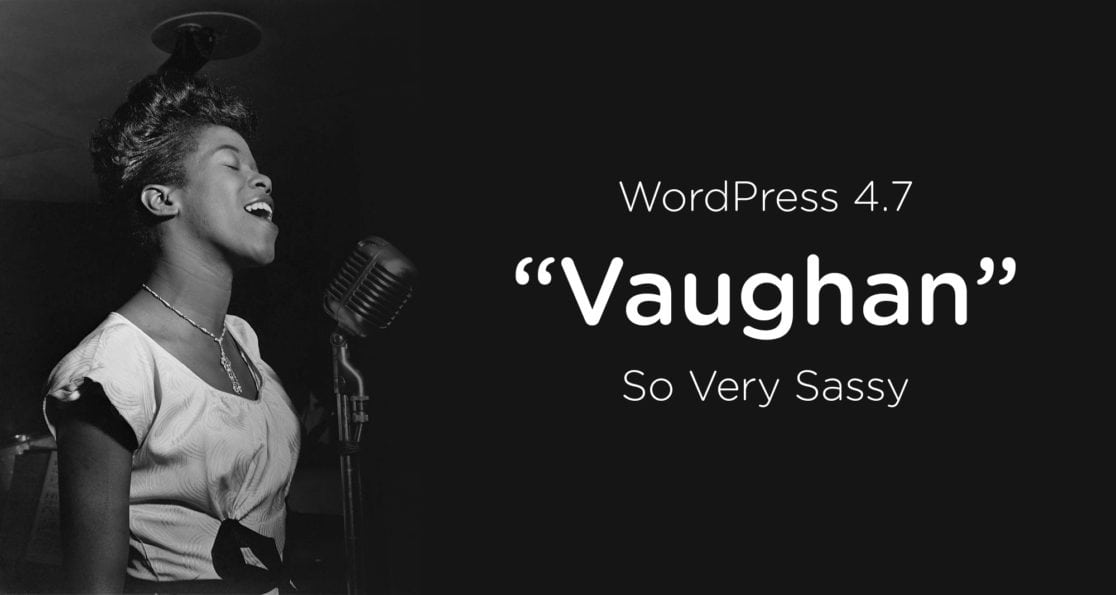


























 |
|